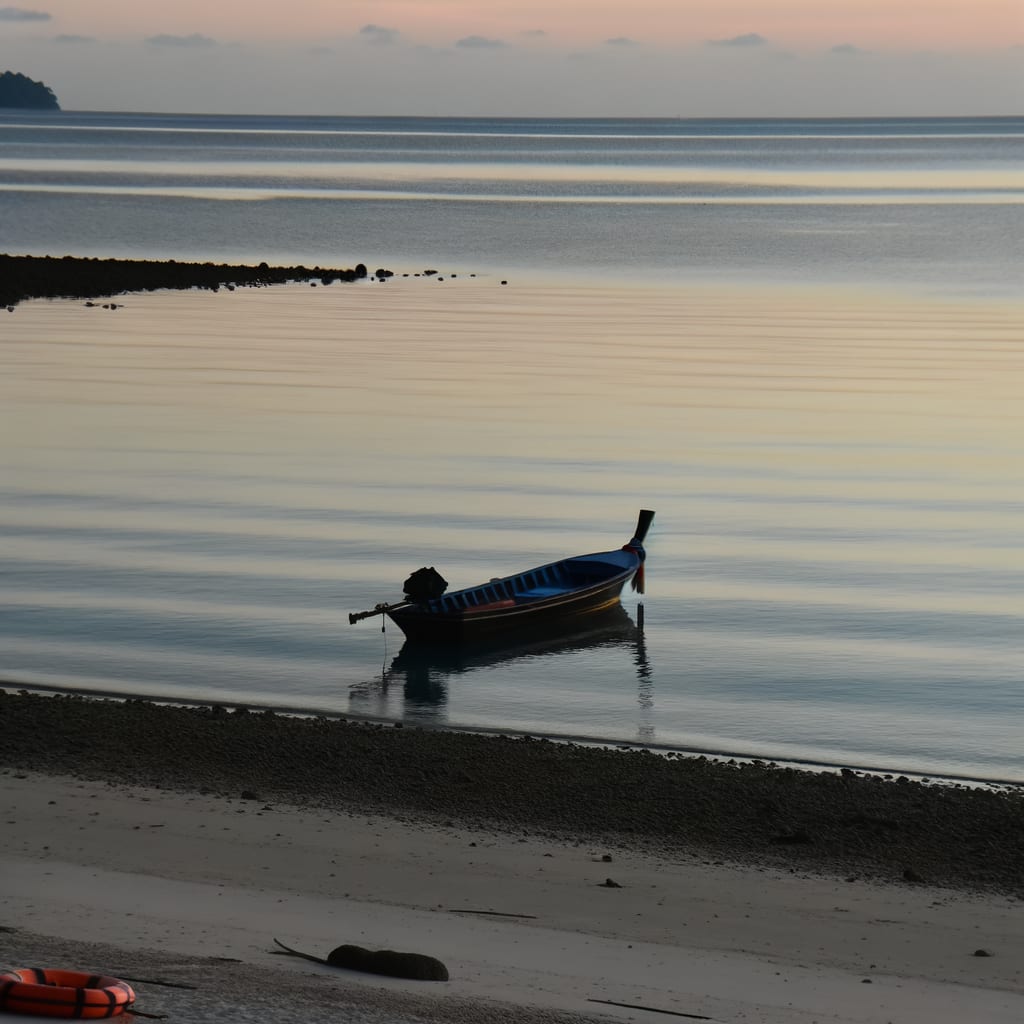Hundreds Missing as Migrant Boat Sinks Near Malaysia-Thailand Border
A tragic incident occurred near the Malaysia-Thailand border where a boat carrying hundreds of migrants sank, leaving a vast number of people missing. The vessel, reportedly carrying about 300 people, had departed from Buthidaung, Myanmar, with 10 survivors and one body recovered so far, according to the Malaysian maritime authority. The search operation for survivors is ongoing, amid fears that the number of casualties could rise significantly.
The Incident and Search Operation
The boat was found in the waters off Langkawi, a popular resort area in Malaysia. Among the survivors, several were discovered in the surrounding waters. However, the fate of two other vessels, each carrying a similar number of migrants, remains unknown. Malaysian authorities have intensified their efforts to locate more survivors, and rescue operations are currently underway.
The incident has sparked renewed concern over the rising toll of the perilous sea exodus of the Rohingya Muslim minority, who continue to face severe restrictions on movement, access to aid, and basic rights in Myanmar. The Rohingya are often forced to undertake dangerous journeys in search of safer territories.
The Humanitarian Crisis
The sinking of the boat off Malaysia's coast has highlighted the plight of the Rohingya ethnic minority from Myanmar. They are fleeing conflict and worsening conditions in their home nation and neighbouring Bangladesh. The New York Times reported that another boat, also believed to be carrying Rohingya migrants, is currently missing.
At least seven bodies were recovered from the capsized vessel, according to the same source. Japan Times, however, reported the death toll to be higher, indicating that 11 bodies were found during the search operation. Regardless of the exact figure, this tragedy underscores the escalating humanitarian crisis faced by this persecuted community.
Current Status and Implications
The current status of the situation remains grim, with hundreds still missing, and the condition of two other vessels still unknown. The incident has stirred international concern, especially given the precarious situation of the Rohingya community in Myanmar and Bangladesh.
The South China Morning Post highlighted this situation, raising concerns about a potential surge in perilous sea crossings by refugees fleeing conflict in their home countries. The incident has underscored the urgent need for effective international intervention to address the Rohingya crisis and prevent such tragedies in the future.
Conclusion
As the search operation continues, the incident serves as a stark reminder of the extreme risks many are willing to take in search of safety and a better life. The international community is called upon to address the root causes of these perilous journeys - conflict, persecution, and human rights abuses - and to work towards creating safer migration routes. The fate of hundreds remains uncertain, highlighting the urgency of the situation and the need for immediate action.

